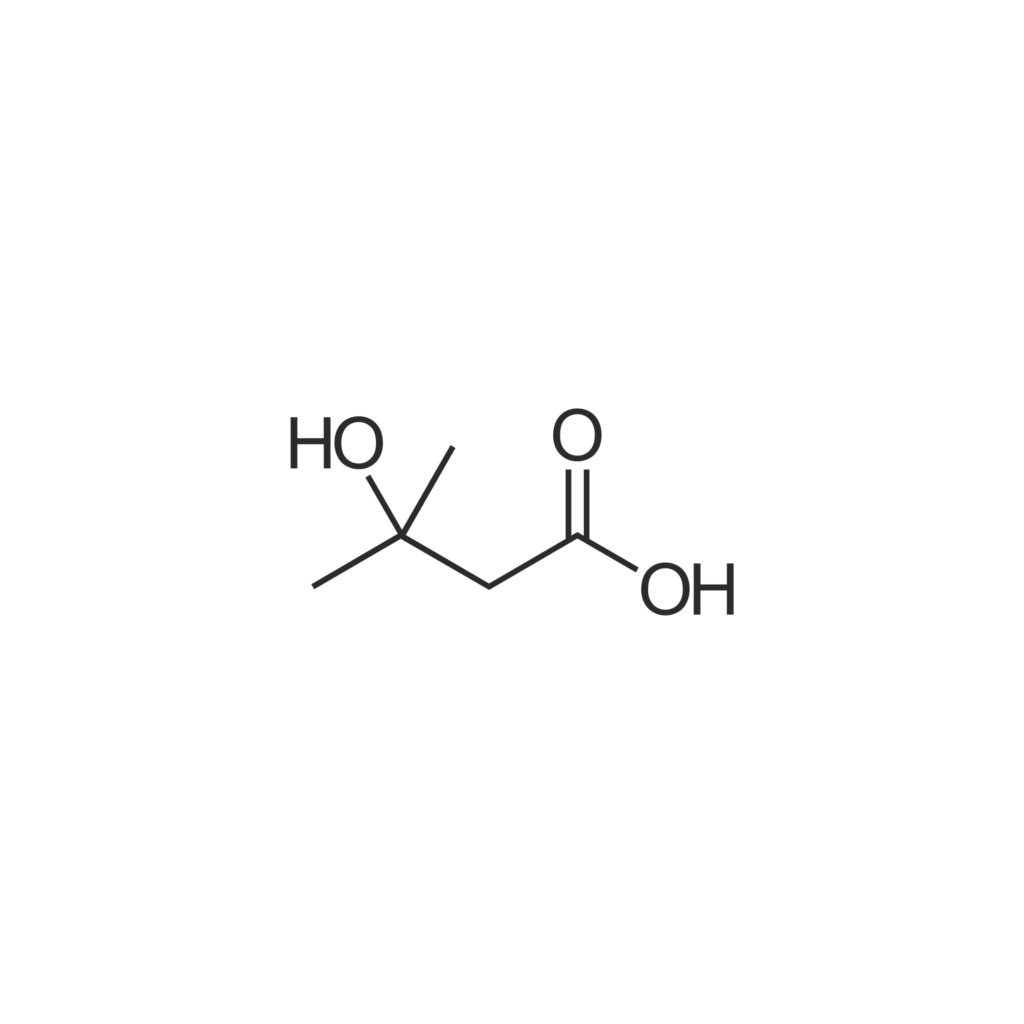No products in the cart.
The Vital Science Blog
Starting Living Your Best
- Premium Fitness Updates
- Exclusive Discounts
Body Shop: HMB – The Comeback Kid

HMB – The Comeback Kid
Dwayne N. Jackson, PhD
β-hydroxy β-methylbutyric (HMB) is formed in the body via leucine metabolism; where about 5% of leucine taken in from the diet eventually becomes HMB. In the body, HMB is a potent anti-catabolic (i.e., it stops muscle breakdown) and, as such, it can take most of the credit for the anti-catabolic effects associated with leucine supplementation.
HMB supplements have been around for a long time, but lost their sex appeal a few years back when a few studies questioned their efficacy in highly trained individuals. However, the research community soon realized that HMB studies of yesteryear were fraught with problems in research design, where workout programs were not intense enough and/or HMB doses are not high enough to promote fitness gains.
Thanks to a few key studies in the not so distant past, HMB dosing guidelines have been reestablished and, as such, HMB use is making a comeback in trained athletes. In fact, in the most recent studies, HMB supplementation has been shown to increase aerobic fitness, strength, and muscularity in highly trained athletes. This rebirth of HMB coincides nicely with the insurgence of sports that combine brute strength and endurance—which was the subject of a recent study presented at the Thirteenth International Society of Sports Nutrition (ISSN) Conference and Expo (Clearwater Beach, FL, USA).
In this study, 42 highly-trained males, actively competing in combat sports, were subjected to 12 weeks HMB supplementation (3g per day) and a placebo in a randomized, placebo-controlled, double-blinded crossover design. Over the course of 12 weeks, the research team monitored the participants aerobic and anaerobic fitness, body composition and took blood to be analyzed for markers of muscle breakdown, metabolism, and hormones (testosterone and cortisol). It was found that HMB supplementation promoted a 1.5lb gain in fat-free mass, whereas placebo resulted in a 1.1lb loss of fat-free mass. As well, HMB promoted significant improvements in aerobic and anaerobic capacity, with no appreciable effect of HMB on blood hormones.
ACTION POINT: As always, we recommend taking 3 to 6 grams of HMB with a protein shake, 2 to 3 times per day. Make sure one dose is taken 30 minutes preworkout.
Reference:
Krzysztof Durkalec-Michalski, Jan Jeszka, Tomasz Podgórski. The efficacy of a β-hydroxy-β-methylbutyrate supplementation on physical capacity, body composition and biochemical markers in highly-trained combat sports athletes. Proceedings of the Thirteenth International Society of Sports Nutrition (ISSN), Journal of the International Society of Sports Nutrition, September 2016, 13:33.
Whey hydrolysate: Whey better for fat-loss?
High protein diets have been shown to increase metabolic rate relative to isocaloric low protein diets. The most common and efficient way to boost protein intake is to use a protein powder supplement. However, when it comes to pumping up the metabolism to burn fat, the latest research tells us that not all protein sources are created equal. Lately, the scientific microscope has been focused on understanding how different forms of whey protein alter metabolism, where data suggest that whey protein hydrolysate (WPH) promotes the greatest reduction in body fat.
In a study presented at the Thirteenth International Society of Sports Nutrition (ISSN) Conference and Expo (Clearwater Beach, FL, USA), scientists from Texas investigated the acute metabolic responses to ingesting about 18g of WPH, whey protein concentrate (WPC), and carbohydrate (CHO) supplements in recreational male athletes. They concluded that both WPH and WPC induced equal increases in resting energy expenditure over 3 hours after ingestion (versus carbohydrate). However, WPH, and not WPC, shifted metabolism to favor fat burning.
ACTION POINT: To maximize postprandial (‘after-meal’) fat burning, drink between 10 and 20g of WPH about an hour prior to consuming large meals. Not only will this help make you feel sated (full) , but it will help keep your metabolism in ‘fat burning mode’ while you digest your meal.
Reference:
Jordan M. Joy, Roxanne M. Vogel, Thomas H. Hoover, K. Shane Broughton
A whey protein hydrolysate may positively augment resting metabolism compared to intact whey protein. Proceedings of the Thirteenth International Society of Sports Nutrition (ISSN), Journal of the International Society of Sports Nutrition, September 2016, 13:33.
SHARE THIS POST:
Coaching Subscriptions packages
Starting Living Your Best
- Premium Fitness Updates
- Exclusive Discounts
If you’re interested in staying fit, eating healthy, and living a healthier life, then you should join my newsletter! I’ll be sending out regular updates on fitness nutrition and health, so you can stay informed and make the most of your health.
